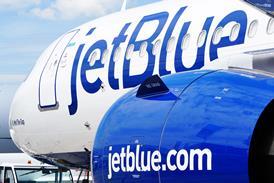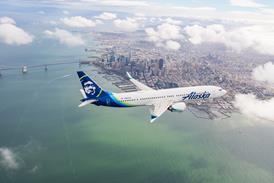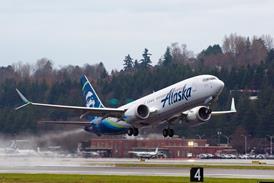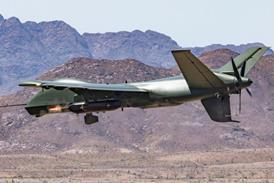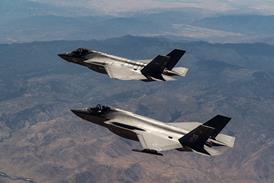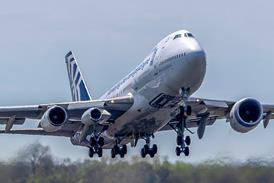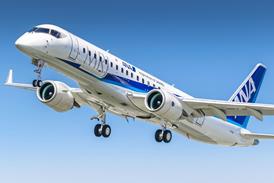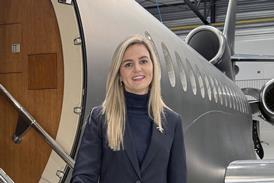Following several recent aviation safety incidents, the National Transportation Safety Board (NTSB) is urging regulators to extend significantly the required recording duration of cockpit voice recorders (CVRs).
Existing federal standards call for the devices to record 2h of flight audio before being overwritten, but the NTSB wants that duration extended to 25h, according to a 2 October NTSB safety recommendation report
"Recent safety investigations have been hampered because relevant portions of the recordings were overwritten," says the report. "Our ongoing experience with overwritten CVR recordings demonstrates the limitations of the current 2h recording requirement."
The NTSB advises that the 25h standard apply to all new commercial aircraft required to have CRVs. It recommends operators be required to retrofit in-service aircraft with 25h-duration CVRs by 2024.
The current 2h maximum duration can hinder investigations into safety events that occur more than 2h before a flight lands, or those that become evident only after a later review of data, says the safety investigatory agency's report.
While CVRs typically deactivate during accidents due to loss of electric power, they can keep running after less serious events, overwriting critical audio.
The NTSB highlights dozens of such events, some of them very recent.
Those include a near miss in July when an Air Canada Airbus A320 almost landed on a taxiway crowded with other aircraft at San Francisco, and an April engine fire on Delta Air Lines A330 departing Atlanta.
Those aircraft each were equipped with 2h CRVs, the NTSB says.
The NTSB's recommendation would align with 2015 European Union rules requiring large commercial aircraft have CVRs capable of recording 25h by 2021, the NTSB notes.
Likewise, in 2016 ICAO adopted the 25h standard for aircraft manufactured after 2021.
Source: Cirium Dashboard

